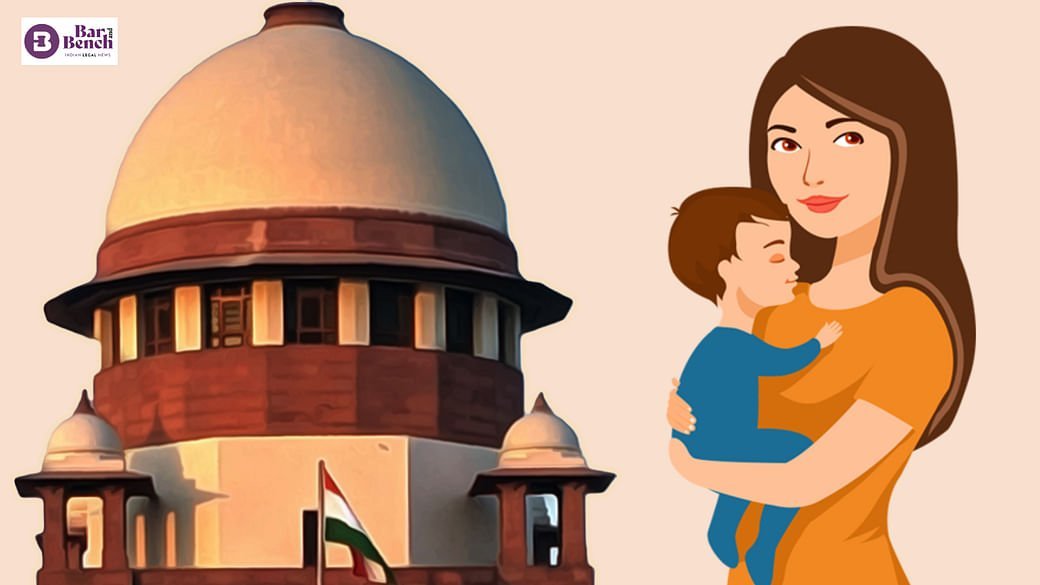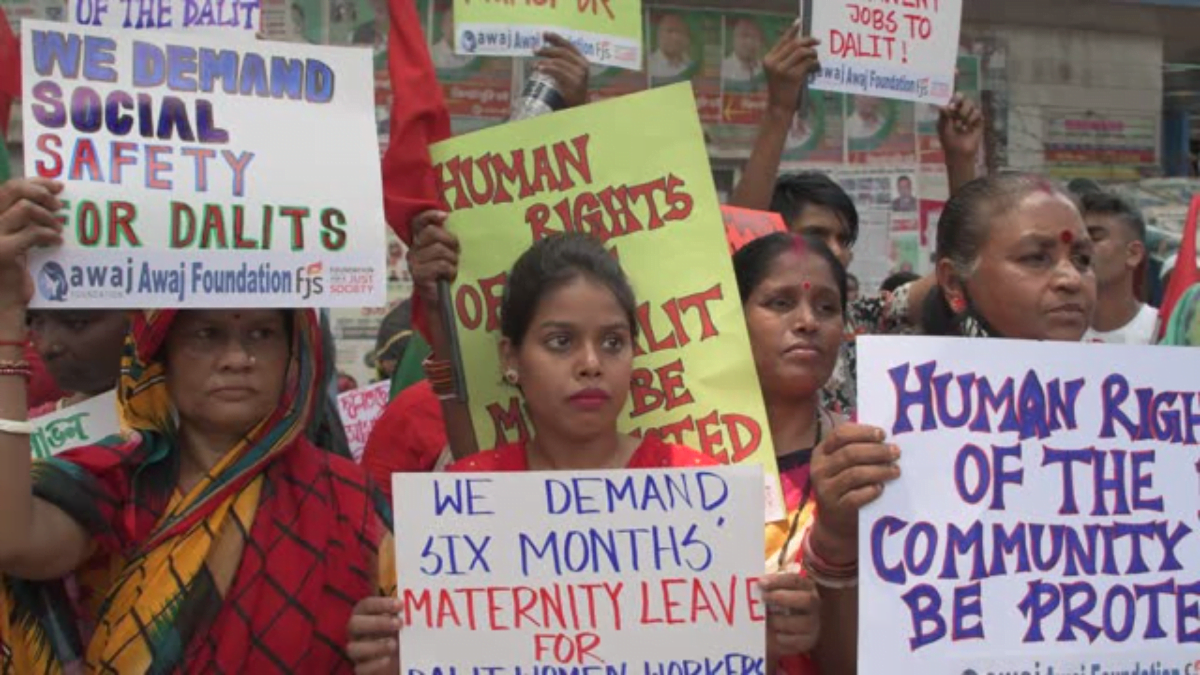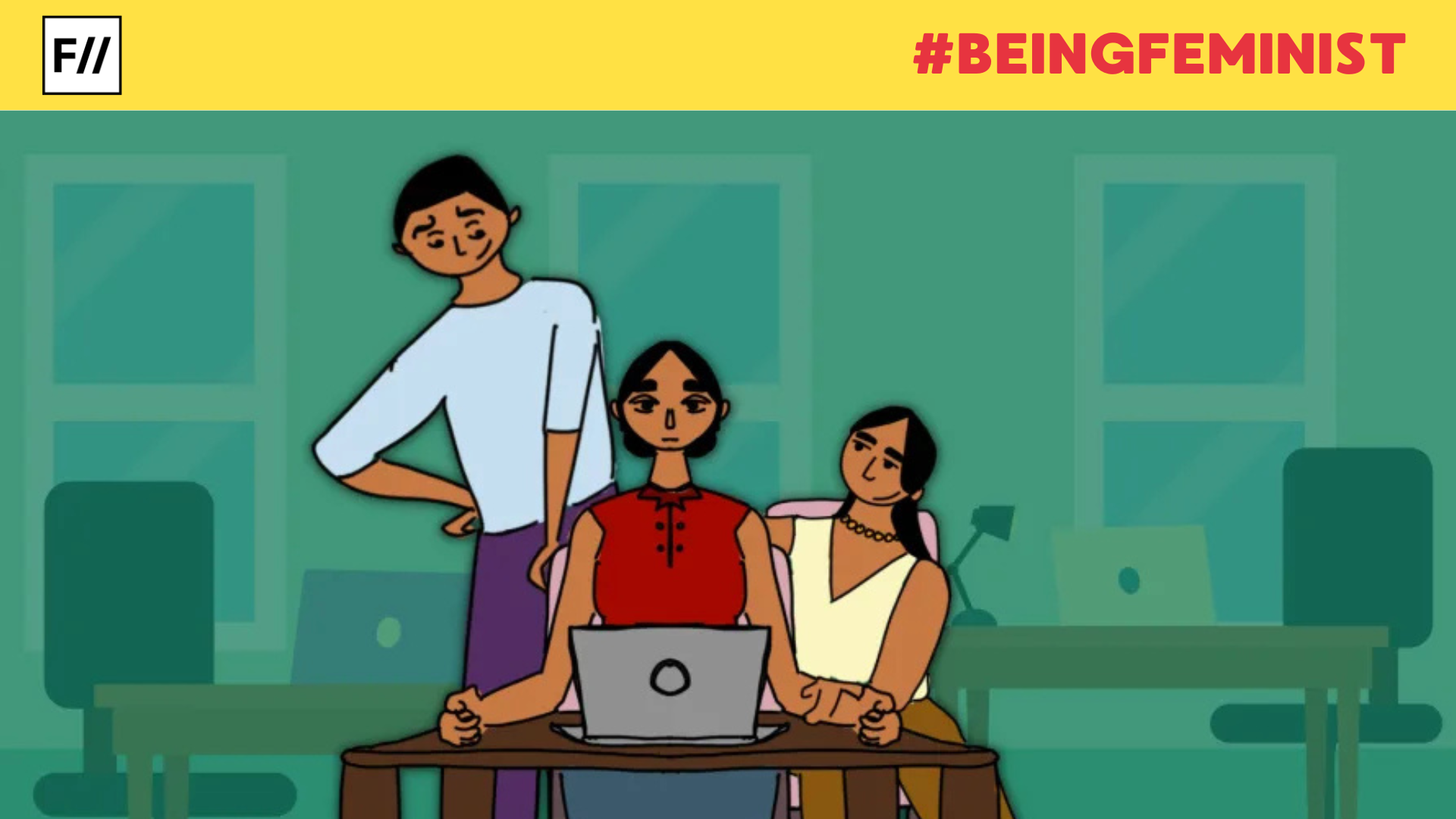Delhi High Court in a landmark judgement decreed that contractual female employees are entitled to maternity leave. The petitioner was an empanelled advocate working on a contractual basis for Delhi State Legal Services Authority (DSLSA) who was denied maternity benefits from her employer. After her request was denied by the organisational authority, she moved to the Delhi High Court and filed a petition in favour of maternity benefits for contractual employees.

Justice Chandra Dhari Singh released an order after the case hearing which stated that ‘work environment should be conducive enough to facilitate unimpaired decision and ensure that a woman who chooses to have both career and motherhood is not forced to make an “either-or” decision.’
The judgement also pointed out that it is a woman’s constitutional right to lay claim to both motherhood and career if she so chooses. Therefore, workplaces should strive to maintain an environment that would be conducive to a woman’s choices in her professional and personal life. The court order stated, ‘Maternity benefits do not merely arise out of statutory right or contractual relationship between an employer and employee but are a fundamental and integral part of the identity and dignity of a woman who chooses to start a family and bear a child.’
Maternity benefits do not merely arise out of statutory right or contractual relationship between an employer and employee but are a fundamental and integral part of the identity and dignity of a woman who chooses to start a family and bear a child.
Delhi High Court
The judgement also stressed that, ‘To make sure that the women of the society are made to feel safe and secure, she should be able to make decisions in her personal and professional life, without having an implication or bearing of one on the other. The work environment should be conducive enough for a woman to facilitate unimpaired decision making regarding personal and professional life and to ensure that a woman who chooses to have both, a career and motherhood, is not forced to make an ‘either-or’ decision.’

Justice Chandra Dhari Singh cited progressive practice worldwide to give women maternity leave and foster a healthy environment for mothers to pursue a professional career alongside their family. The judge invoked the Constitutional rights of every Indian citizen and said that, ‘the liberty to carry a child is a fundamental right that the Constitution of the Country grants its citizens under Article 21. Further, the choice not to carry a child is an extension of this fundamental right.’
In response to the petition, the respondent of DSLSA had said that the petitioner was only an empanelled advocate of the organisation and thus, the benefits of maternity leave were not extended to her. However, the court has responded that the Maternity Benefit Act is to be applied to all female employees across all boards. Whether or not the Act applies to an employee is not to be determined by the nature of her employment. The court also stated that the petitioners’ claim was nothing ‘extraordinary’ or ‘outrageous’, rather it was well within her maternal rights to seek Maternity Benefits.
This case is indicative of a persistent bias that still exists in the corporate world where women employees are hired hesitantly.
This case is indicative of a persistent bias that still exists in the corporate world where women employees are hired hesitantly. Unmarried female employees are viewed as a liability as they are likely to get married and claim maternity benefits from the corporate.

Women’s participation in professional sectors have seen a huge setback during the pandemic as women were more preferred for laying off than male employees. This decision is informed by the patriarchal understanding that men were breadwinners of most families while women pursue careers as an individual, as an exception to the norm. Thus, they could be sacrificed. The World Economic Forum (WEF) has highlighted that progress towards gender parity has been halted and even reversed due to the Covid-19 pandemic. The pandemic disproportionately affected women, leading to what is widely known as the “shecession,” as sectors like retail and hospitality, where women are more prevalent, were significantly impacted.
In Indian households, women are also viewed as custodians of the household and responsible for care work. The care of the elderly and the children are unambiguously deemed as the responsibility of the women in most households. Their career becomes contingent upon their ability to fulfil their former responsibilities of household care work and only then are they encouraged to pursue a career outside their homes. Thus, WFH (Work-From-Home) facilitated women to hold onto their careers which became difficult once employees had to return to office post-pandemic. Thus, the Indian labour market saw a huge decline in female employees.
The International Labour Organisation (ILO) states that the employability gender gap in India is 50.9%, with only 19.2% of women in the labour force compared to 70.1% of men.
The International Labour Organisation (ILO) states that the employability gender gap in India is 50.9%, with only 19.2% of women in the labour force compared to 70.1% of men.

In the context of such dire statistics, it becomes important why employee benefits such as the Maternity Benefit Act are important for ensuring female participation in the workplace. It can also be argued that only extending the Maternity Benefit Act to female employees presupposes the burden of carework squarely falling on the woman’s shoulder. Male employees becoming fathers or male parents should also be offered the same benefits that mothers are allowed to have in the corporate sectors.
While progressive and favourable judgements are giving hopes for more female participation, perhaps we can expect a more gender inclusive legislation of Acts and verdicts in the near future. If queer couples are given adoption rights, the Act should also extend its benefits to all parents irrespective of their gender.
About the author(s)
Debabratee (she/they) is a student of English Literature at Jadavpur University. When they are not found reading or writing, they are found running after their pet dog and cuddling with him. They are avid binge-watcher of all kinds of OTT content and like to dissect and analyse them in their free time.




